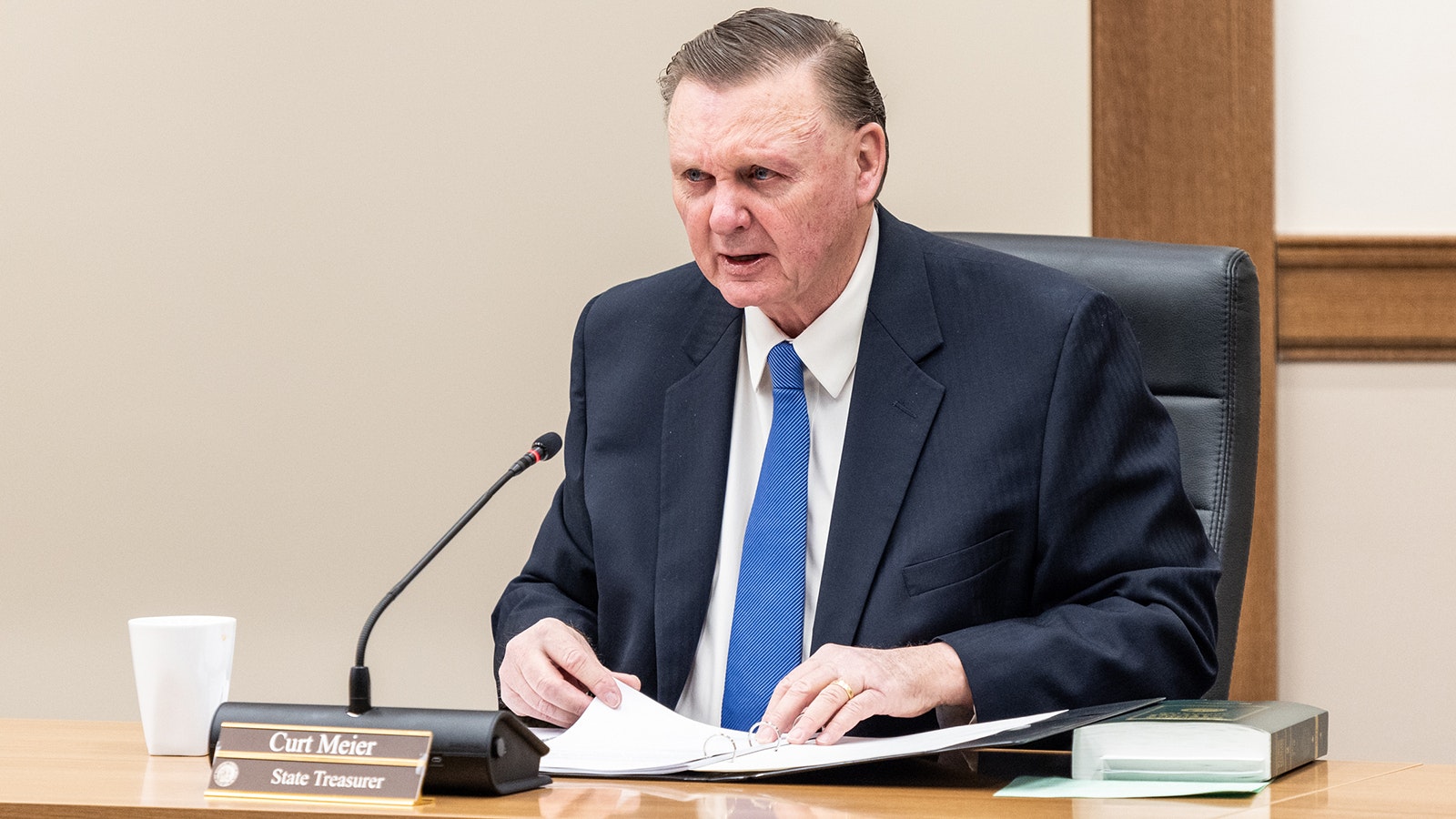Wyoming Treasurer Curt Meier has signed on with 19 other state financial officers from across the country as part of a probe into how asset managers and proxy advisory firms are acting in ways to advance progressive political causes instead of maximizing returns for taxpayer investments.
“We are concerned that taxpayers’ best long-term economic interests might have been subordinated to environmental, social and political interests often divorced from shareholder value — and often pushed through shareholder proposals,” the letter states.
What Is Proxy Voting?
The letter is in response to the growing effort on the part of progressive activists to use proxy voting as a way to force companies to act in ways aligning with causes, which includes environmental issues and social issues, such as abortion and racial equity.
The way proxy advising works is, if a shareholder owns as little as $2,000 worth of stock for three years, U.S. securities rules allow that shareholder to submit a proposal for the company’s shareholders to vote on.
Two proxy advisory firms — ISS and Glass Lewis — provide institutional investors, such as pension funds and banks, with recommendations on how to vote on these proposals.
In an opinion piece in the Wall Street Journal last week, Utah Treasurer Marlo Oaks and Oklahoma Treasurer Todd Russ wrote that these recommendations have great influence over the voting results, but there’s no evidence that these recommendations maximize shareholder value.
Compliance
Meier told Cowboy State Daily that shareholder proposals advancing climate activism are impacting the oil, gas and coal industries, and they fall outside the responsibilities of good stewardship of public finances.
“Climate activists pushed the major banks within the United States to reduce their lending to different industries that don’t comply with ESG protocols,” Meier said, referring to the environment, social and governance movement.
ESG, also called “woke capitalism” by critics, rates companies and funds on various markers of progressive-friendly policies related to protecting the environment, diversity in the workplace and community relations.
Any association with fossil fuel industries quickly gets a fund rated down. Timber industries, gun manufacturers and agricultural businesses also face pressure from the movement.
Meier said the movement is concerning not only because it undermines financial practices that seek the highest rate of returns for investments, but also because it advances political agendas in the absence of legislative actions by elected officials who voters select.
“It’s concerning that you can have activists influence major industries,” Meier said.
‘Extraordinary’ Losses
Shareholder proposals have been used to force companies to advance climate and environmental goals.
In 2022, shareholders proposed Comcast prepare reports on how the company’s retirement plan options aligned with climate action goals. The proposal failed, but Oaks and Russ wrote that if it had passed, it would have lowered returns and increased risk for investors.
Since 2021, proposals advancing environmental issues have increased 51%, and the U.S. Security and Exchange Commission has altered rules to facilitate more shareholder proposals that advance social causes.
A shareholder proposal included in the 2022 ExxonMobil annual meeting proposed the company pledge loyalty to the Paris Climate Agreement, which would require it to eventually stop producing oil.
Other proposals, according to the letter from the state financial officers, have asked social media companies to police “hate speech,” insurance companies to consider race as a factor in underwriting insurance policies, and retailers to show where they stand on state abortion policies.
Meier said that the climate standards that have been advanced are costing investors an “extraordinary amount of money.”
Questions
The letter signed by Meier and other financial officers went out to 20 asset managers and the two proxy advisors. It explains that the ESG-inspired proposals require companies to spend resources demonstrating compliance with policies that are unrelated to a company’s business practices.
The letter asks the companies to respond to questions concerning their general principles, use of proxy-advisor firms, and any conflicts of interest.
All the questions are related to how often the firms act in ways that are contrary to the core responsibility of advancing the highest returns for those who have entrusted them with their investments.
Kevin Killough can be contacted at Kevin@CowboyStateDaily.com





